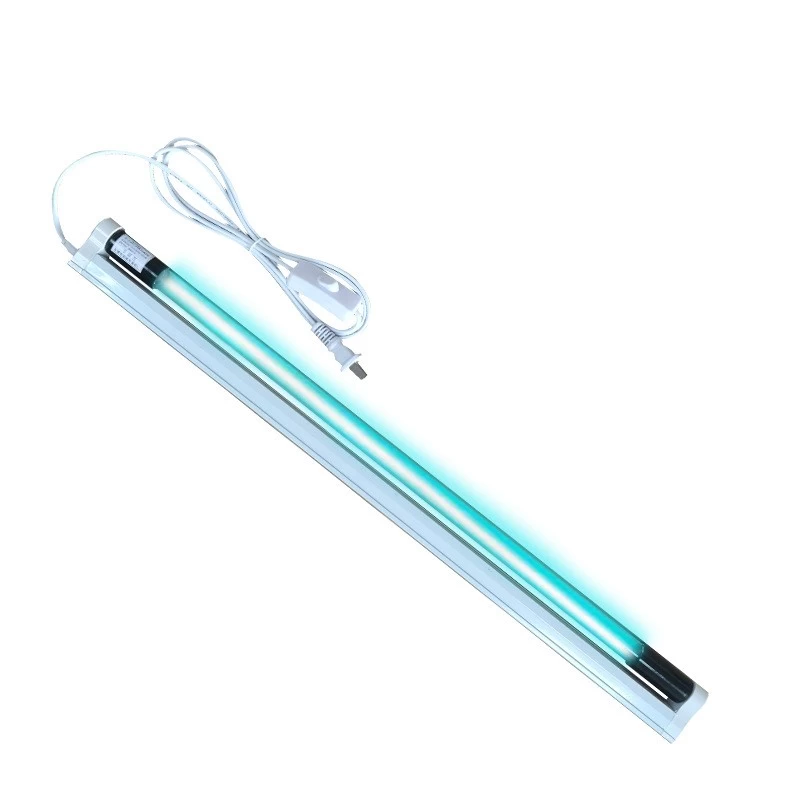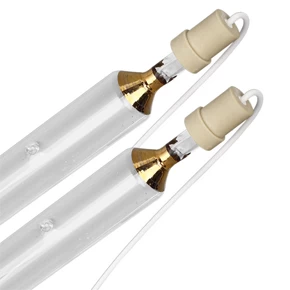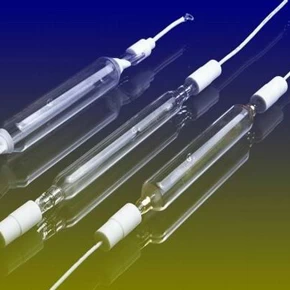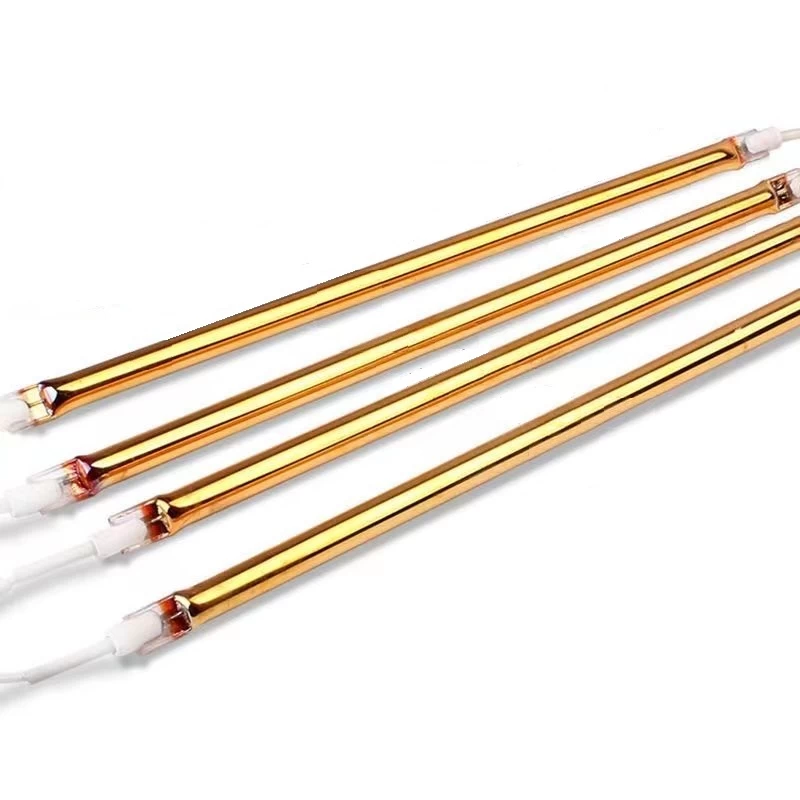Stianless Steel Cartridge Heater's Advantages And Disadvantages
Advantages of stainless steel cartridge heaters:
Corrosion resistance: Stainless steel is highly resistant to corrosion, making it suitable for use in harsh environments or with corrosive materials.
High temperature resistance: Stainless steel can withstand high temperatures, allowing the cartridge heater to operate at elevated temperatures without deformation or failure.
Durability: Stainless steel is a strong and durable material, ensuring the longevity of the cartridge heater.
Heat transfer efficiency: Stainless steel has good thermal conductivity, allowing for efficient heat transfer from the heater to the surrounding medium.
Versatility: Stainless steel cartridge heaters can be used in a wide range of applications, including industrial, commercial, and residential heating systems.
Disadvantages of stainless steel cartridge heaters:
Cost: Stainless steel cartridge heaters tend to be more expensive compared to heaters made from other materials.
Slow heat-up time: Stainless steel has a relatively low thermal conductivity compared to other metals, resulting in a slower heat-up time for the cartridge heater.
Limited size options: Stainless steel cartridge heaters may have limited size options available, which can restrict their use in certain applications.
Weight: Stainless steel is a heavy material, which can make the cartridge heater heavier and more difficult to handle or install.
Limited customization: Stainless steel cartridge heaters may have limited options for customization, such as wattage, voltage, or length, compared to heaters made from other materials.






